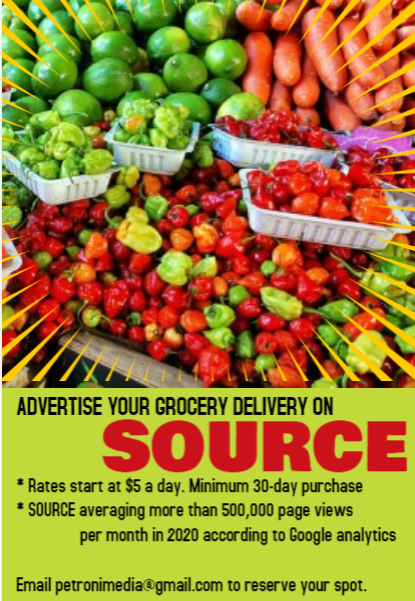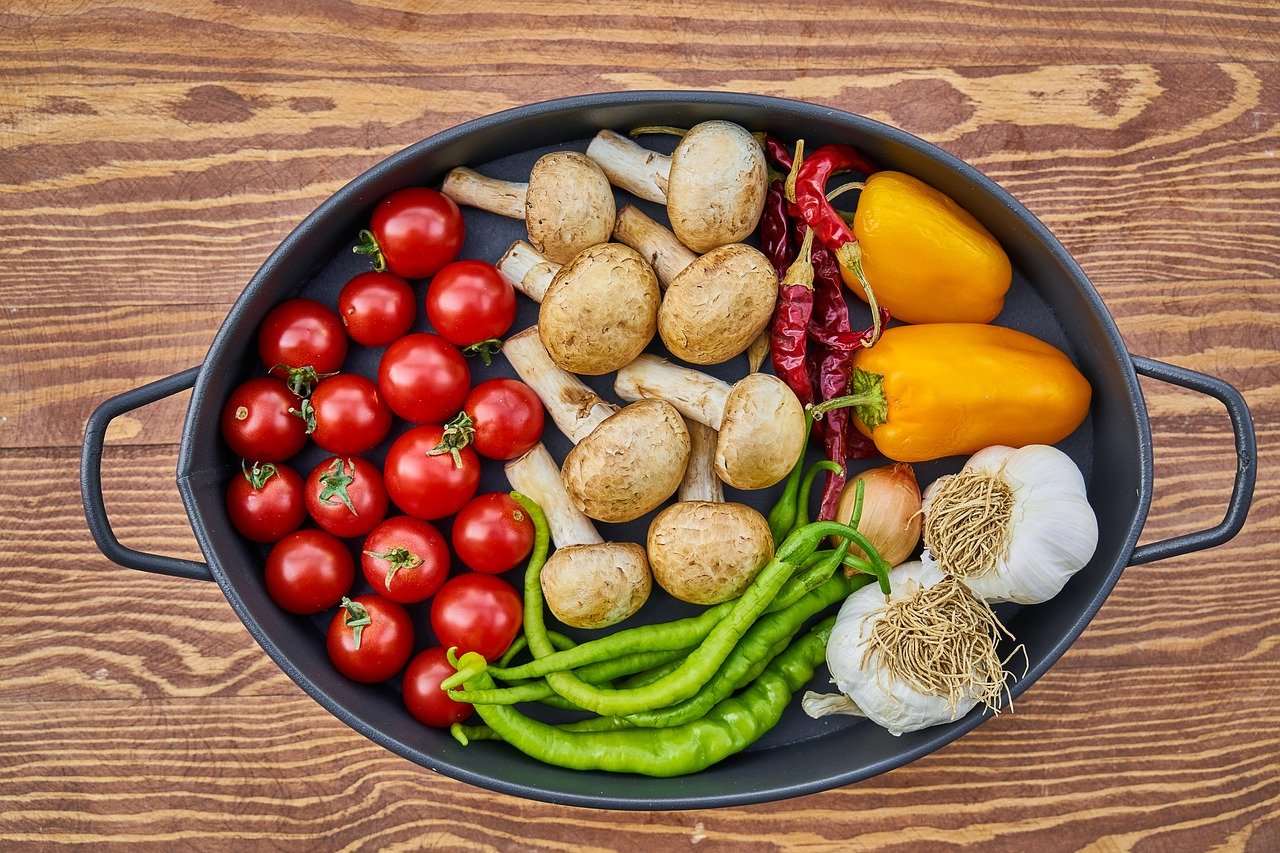The following is a media release from Sen. Ed Markey, who was elected by voters in the Commonwealth of Massachusetts to serve the state in Washington DC in the US Senate. He is a Democrat.
***
[broadstreet zone=”52093″]
WASHINGTON DC – In light of recent reports from constituents that the United States Department of Agriculture (USDA) Families Food Box Program is struggling to meet the needs of Massachusetts families, Representative James P. McGovern (MA-02), Senator Edward J. Markey (D-MA) and Representative Ayanna Pressley (MA-07) are leading the Massachusetts delegation in demanding answers from USDA administrators that oversee the program, and are requesting a meeting with the USDA to discuss the challenges that food box recipients and distributors are facing in Massachusetts.
In addition to McGovern, Markey, and Pressley, the letter was signed by Senator Elizabeth Warren (D-Mass.), Richard E. Neal (MA-01), Stephen F. Lynch (MA-08), Katherine Clark (MA-05), William Keating (MA-09), Joseph P. Kennedy III (MA-04), Seth Moulton (MA-06), and Lori Trahan (MA-03).
Authorized by the Families First Coronavirus Response Act, the Farmers to Families Food Box Program purchases and distributes agricultural products to schools, food banks, and families in need. However, recently McGovern, Markey, and Pressley learned that the program has not met the needs of Massachusetts residents.
[broadstreet zone=”59982″][broadstreet zone=”59983″][broadstreet zone=”59984″]

“In recent weeks, we have received reports that the Northeast Region’s new fourth-round contractor, Whitsons Culinary Group, is now unable to service many of the same Massachusetts schools and food banks that received food boxes in the Program’s prior rounds,” wrote the Massachusetts lawmakers in their letter. “In our conversations with Whitsons, we learned that regional needs not only vastly outweigh its contracted capacity, but also that, as of December 3, 2020, it has a waitlist of 21 organizations—many of which are previous food box recipients now without a supplier.”
In Massachusetts, the food-insecurity rate has increased by 53% during the pandemic, with one in seven residents lacking access to enough food for three healthy meals per day, and one in five children living in food-insecure households, according to the Greater Boston Food Bank.
[broadstreet zone=”70106″]
The lawmakers also note that recipient organizations were provided with almost no warning of the transition between vendors, and no notice was provided to schools and food banks that its distributions would be greatly reduced or stopped entirely, forcing food banks to scramble to purchase agricultural products for the families they serve or leave families without resources.
“American families must always have access to basic necessities, but never more so than during this pandemic,” conclude the lawmakers. “To ensure their needs are being met and that the Program is effective, USDA must engage in effective oversight, including seeking feedback from the Program’s contractors and recipients.”
The delegation is expected to speak with the USDA on this important matter this week.
Full Text of Letter Here (PDF)
[broadstreet zone=”70107″]
[broadstreet zone=”59948″]

